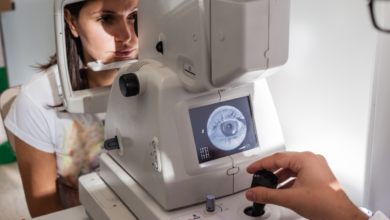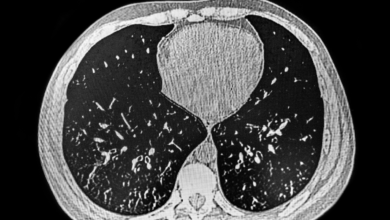Cryptococcal Meningitis

What is Cryptococcal Meningits?
Cryptococcal meningitis is a fungal infection of the meninges, the membranes that surround the brain and spinal cord. It is caused by the fungus Cryptococcus neoformans.
what are the symptoms of Cryptococcal Meningits?
Symptoms of Cryptococcal Meningitis:
- Headache
- Stiff neck
- Fever
- Nausea and vomiting
- Confusion
- Altered mental status
- Seizures
who can suffer from Cryptococcal Meningits?
People with weakened immune systems are most at risk for developing cryptococcal meningitis. This includes people with:
- HIV/AIDS
- Cancer
- Organ transplants
- Certain autoimmune diseases
- People taking medications that suppress the immune system
What are the types of Cryptococcal Meningits?
Types of Cryptococcal Meningitis:
- Meningitis: This type affects the meninges.
- Meningoencephalitis: This type affects both the meninges and the brain.
Which diagnostic tests are available for Cryptococcal Meningits?
Diagnostic Tests for Cryptococcal Meningitis:
- Spinal tap (lumbar puncture) to collect cerebrospinal fluid for testing
- Blood tests
- Imaging tests (such as CT scan or MRI)
What is the treatment of Cryptococcal Meningits?
Cryptococcal meningitis is treated with antifungal medications. The specific drugs used will depend on the severity of the infection and the patient’s overall health. Treatment typically lasts for several weeks.
Which diet I should take, if any ?
There is no specific diet recommended for people with cryptococcal meningitis. However, it is important to eat a healthy, balanced diet to help your body recover from the infection.
Which speciality of the doctor will treat Cryptococcal Meningits?
A neurologist, a doctor who specializes in disorders of the nervous system, is typically the doctor who will treat cryptococcal meningitis.
Is Cryptococcal Meningits completely curable ?
Curability of Cryptococcal Meningitis:
Cryptococcal meningitis can be treated successfully with proper treatment. However, it can be life-threatening if not treated promptly.





